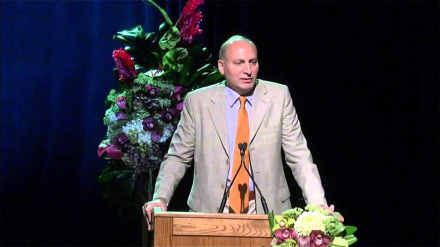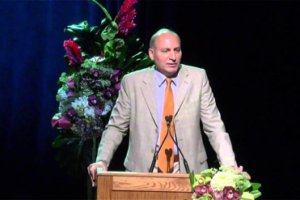By: Ramin Jahanbegloo
Abstract: The Middle East has entered a new era of political and social violence exemplified by sectarian tensions, civil conflicts, and regional wars. Syria is unraveling into an ever more divisive and brutal conflict, jeopardizing the political and economic stability of Lebanon and Jordan. Egypt has returned to the strongman politics of the deep state. The geopolitics of the Persian Gulf region is affected by a *proxy war between Iran and Saudi* Arabia. One must also acknowledge that ISIS surprised a large part of the Western community by taking advantage of a power vacuum in Syria, Iraq, and Libya within a short amount of time in order to have its own safe havens in parts of Iraq, Syria, and Libya – all of them states that can be regarded as failed states with insufficient public control and authority. However, nonviolent movements played an essential role in the making of the Arab Spring 2011 and the Green Movement 2009 in Iran. Despite their geographic and cultural diversity, these nonviolent movements across the Muslim world exhibit a remarkable similarity to Gandhi’s strategy for checking power and opposing violence in India decades ago. This raises the hopeful prospect that nonviolent campaigns for democracy might be the essential paradigm of change in the Middle East and Maghreb — areas of the world that have been marked by violence for so long.




